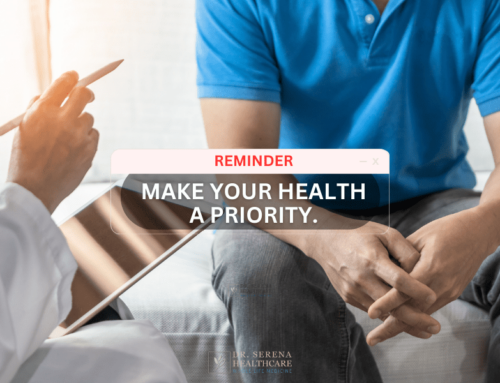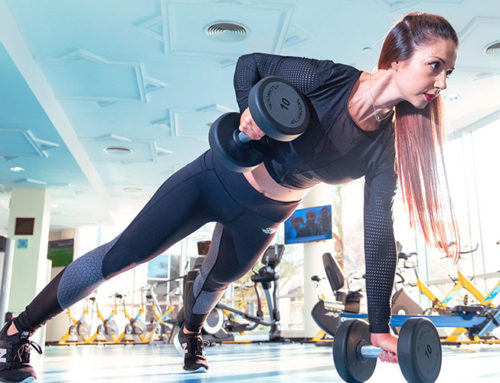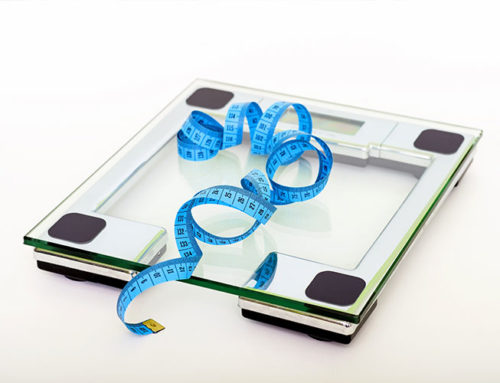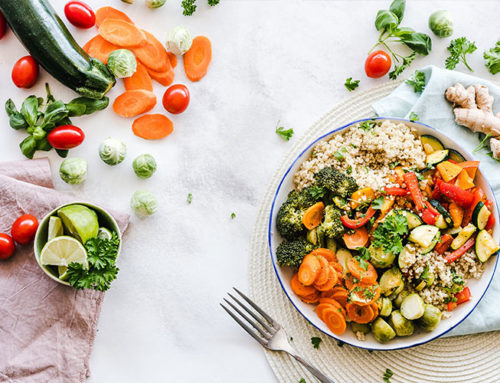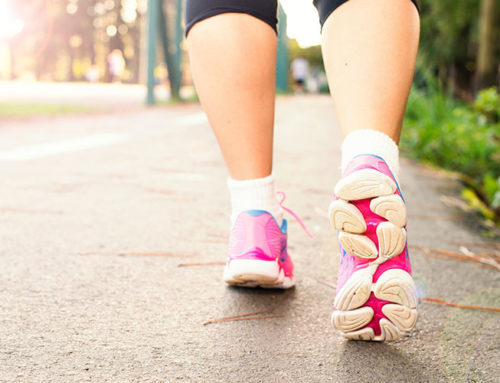From simple lifestyle habits to complex medical problems, why we feel tired can have many causes. In this series I’m tackling some of the lifestyle factors associated with fatigue that lend themselves to home-trouble shooting. This week’s topic is:
Hydration
We know water is vital to life.
A small decrease in our hydration can lead to an outsized drop in our energy levels, including physical energy that leaves us feeling lethargic and tired, and mental energy that leaves us feeling scattered, unmotivated and unfocused.
But how much water do I need to drink?
And what if I don’t like to drink it?
How much water do I need to avoid feeling tired?
The short answer is: it’s hard to say. Seriously, there isn’t a precise scientific consensus on how much water a person needs to drink, as is discussed in an informative 2010 article in the journal of Nutrition Reviews: Water, Hydration and Health.
Generally speaking, though, here are hydration guidelines for adolescent and adult men and women:
- Women: 80 – 90 ounces of water per day from fluid and food sources
- Men: 110 – 120 ounces of water per day from fluid and food sources
You might noticed that drinking water isn’t the only source of hydration. If you are not a fan of plain water, please see the section below for alternative means of keeping yourself well hydrated!
Some practical recommendations of when to increase your hydration from water, caffeine-free and unsweetened beverages and fresh fruits and vegetables:
- Hydrate when you are thirsty.
- Hydrate when you are feeling mentally tired. Signs of mental fatigue: brain fog, indecisiveness and low motivation
- Hydrate if your urine is darker than pale yellow. If your pee is darker than the color of straw, that’s a sign of dehydration.
- Hydrate when you’ve been sweating, particularly if it has been for 45 minutes or longer.
And remember: too much of anything, even plain water, can cause serious health problems. The risks for overhydration are greatest when people consume more than 30 ounces of water per hour, exceeding the rate that the kidneys can adequately filter excess water into urine. If you want to read more, here is an interesting and well-researched article on the dangers of overhydration.
What if I don’t like drinking plain water?
Hydration doesn’t come from drinking plain water alone. Plenty of foods, especially fresh fruits and vegetables, contain enough water to be great sources of hydration. Hydrating through food is bladder-healthy because it slows the rate of water absorption, minimizing the chance you’ll experience the urge to pee shortly after drinking. And hydrating through food is muscle-healthy because it combines the water with electrolytes, natural sugars and vitamins that help muscles recover after activity and workouts.
- Foods that are 90-99% water
- strawberries, watermelon, cantaloupe, lettuce, spinach, cucumber, zucchini, tomato, celery, cauliflower, radish, cabbage, pickles, peppers, squash (cooked)
- Foods that are 80-89% water
- apples, pears, apricots, blueberries, plums, grapes, oranges, pineapple, carrots, peas, broccoli, yogurt
- Foods that are 70-79% water
- bananas, avocados, baked potatoes & sweet potatoes, cooked corn, cottage cheese, ricotta cheese
Other hydrating alternatives to plain water:
- caffeine-free herbal teas
- decaffeinated black and green teas
- infused water with mint, cucumber, lemons, limes, berries or other cut fruit
- mineral waters and seltzers such as Talking Rain, La Croix and Spindrift
Want to know more?
This is the first in a series of blog posts proving the Whole Life Medicine community with reliable information about important health topics. Check back with us for future posts or follow our Facebook page.
About the author: Evaluating causes of fatigue affecting physical and mental health is a specialty of Miranda Marti, ND. For information about scheduling a free 15 minute consult or making an appointment, please contact us or call our front desk at 425-398-9355.


